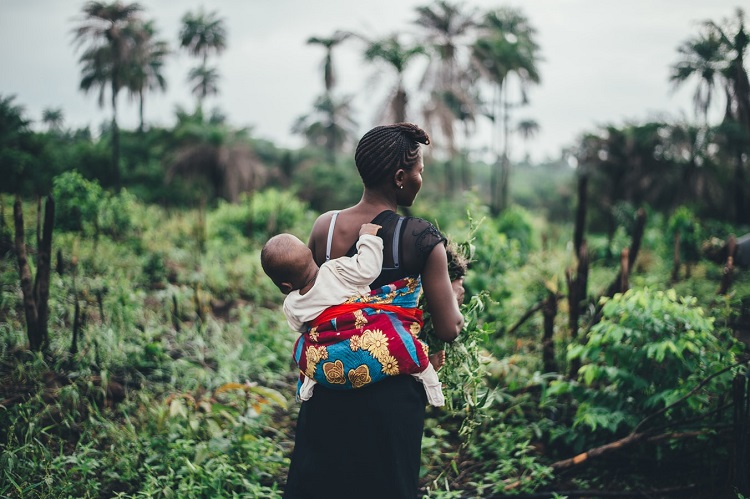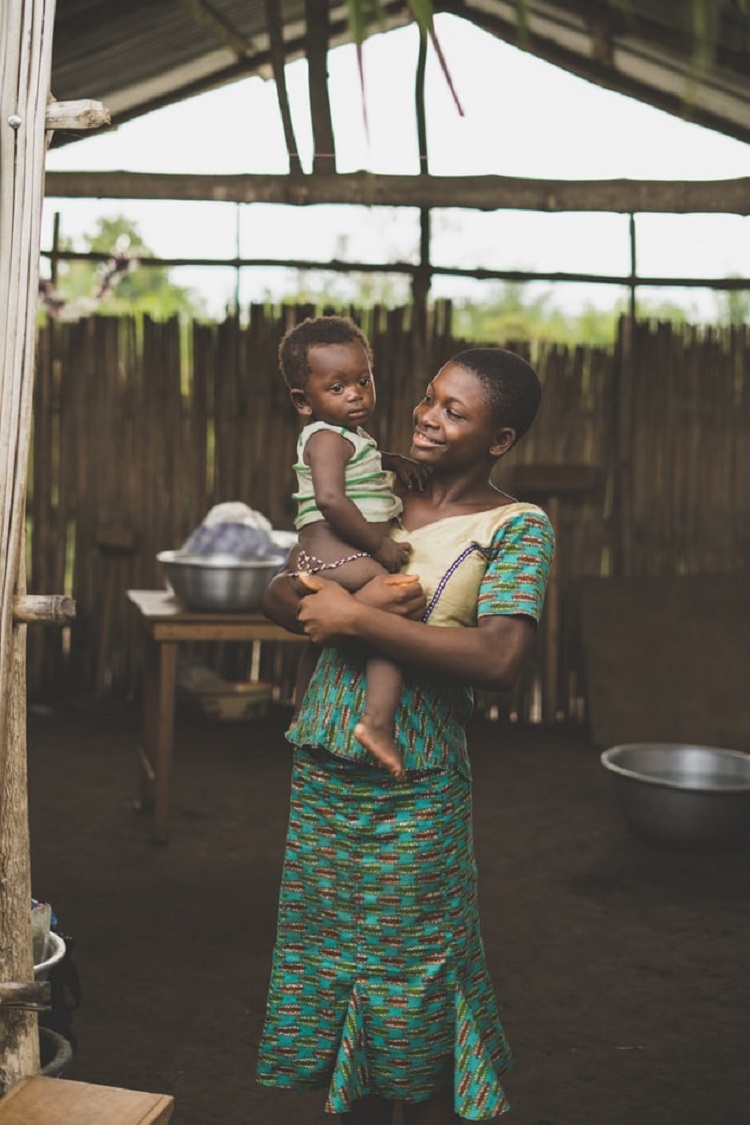The United Nations dedicates a day to rural women – this year Oct 15th – to recognise the crucial role women play in ensuring the sustainability of rural households and communities, and for performing the bulk of unpaid domestic work, child rearing and care within rural homes.
 Rural women make up a quarter of the world’s population and do amazing things in developing countries as farmers, wage-earners and entrepreneurs. However, they form less than 20% of landholders, and in rural areas the gender pay gap is as high as 40%.
Rural women make up a quarter of the world’s population and do amazing things in developing countries as farmers, wage-earners and entrepreneurs. However, they form less than 20% of landholders, and in rural areas the gender pay gap is as high as 40%.
It’s estimated by the UN that if women in rural areas had the same access to agricultural assets, education and markets as men, agricultural production could be increased, and the number of hungry people reduced by 100 – 150 million.
Poor nutrition in the first 1,000 days of a child’s life increases their susceptibility to disease and can lead to death or stunted growth, impairing cognitive ability and reducing  school and work performance. Malnutrition during infancy can have profound effects on a person’s ability to achieve their full human potential.
school and work performance. Malnutrition during infancy can have profound effects on a person’s ability to achieve their full human potential.
NRI’s Dr Kate Wellard and PhD student Gwen Varley, along with Dr Pamela Katic and Dr Lora Forsythe are working on understanding how the situation of rural women including maternal agency, maternal workload and the food environment interact and affect food choices and child diets in developing countries.
Agricultural development programmes can have positive impacts on young child nutrition by increasing household food production, increasing available income to purchase healthy foods, and empowering women to make decisions on how household income is spent. With women in many rural societies shouldering both food production and domestic responsibilities, such programmes may affect child nutrition positively or negatively, depending on their impact on women’s workload and time available for childcare.
The NRI researchers are collaborating with the London School of Hygiene and Tropical Medicine and the Africa Innovations Institute in Uganda on a research project under the Drivers of Food Choice programme supported by UK Aid and the Bill & Melinda Gates Foundation. The project has been working with rural communities in Eastern Uganda, conducting a set of detailed assessments including maternal and child diets, women’s time use, livelihoods and gender empowerment. Maternal agency in this context, refers to the freedom of a mother to formulate ideas, make choices and use resources for the wellbeing of herself and her child – and contributes to empowerment.
Results show dietary diversity of both mothers and infants, to be inadequate. Almost all mothers are working over 10.5 hours a day (the threshold for empowerment in time use in the International Food Policy Research Institute’s Women’s Empowerment in Agriculture Index) and only a tiny minority are considered to have achieved overall empowerment.
Links between women’s empowerment, women’s time use and dietary diversity are being explored. The study has identified women’s perceptions of ease of access to different foods, whether from their own farms, local markets or other sources, as important in improving diets. Producing a diverse set of food crops and livestock has been found to contribute positively to child dietary diversity.
Communication of findings on factors driving improved child diets will be targeted to policy makers and planners in Uganda and internationally, to improve design of nutrition-sensitive agricultural programmes.
To find out more about:
NRI Livelihoods and Institutions Department
UN International Day of Rural Women
International Food Policy Research Institute
The London School of Hygiene and Tropical Medicine

